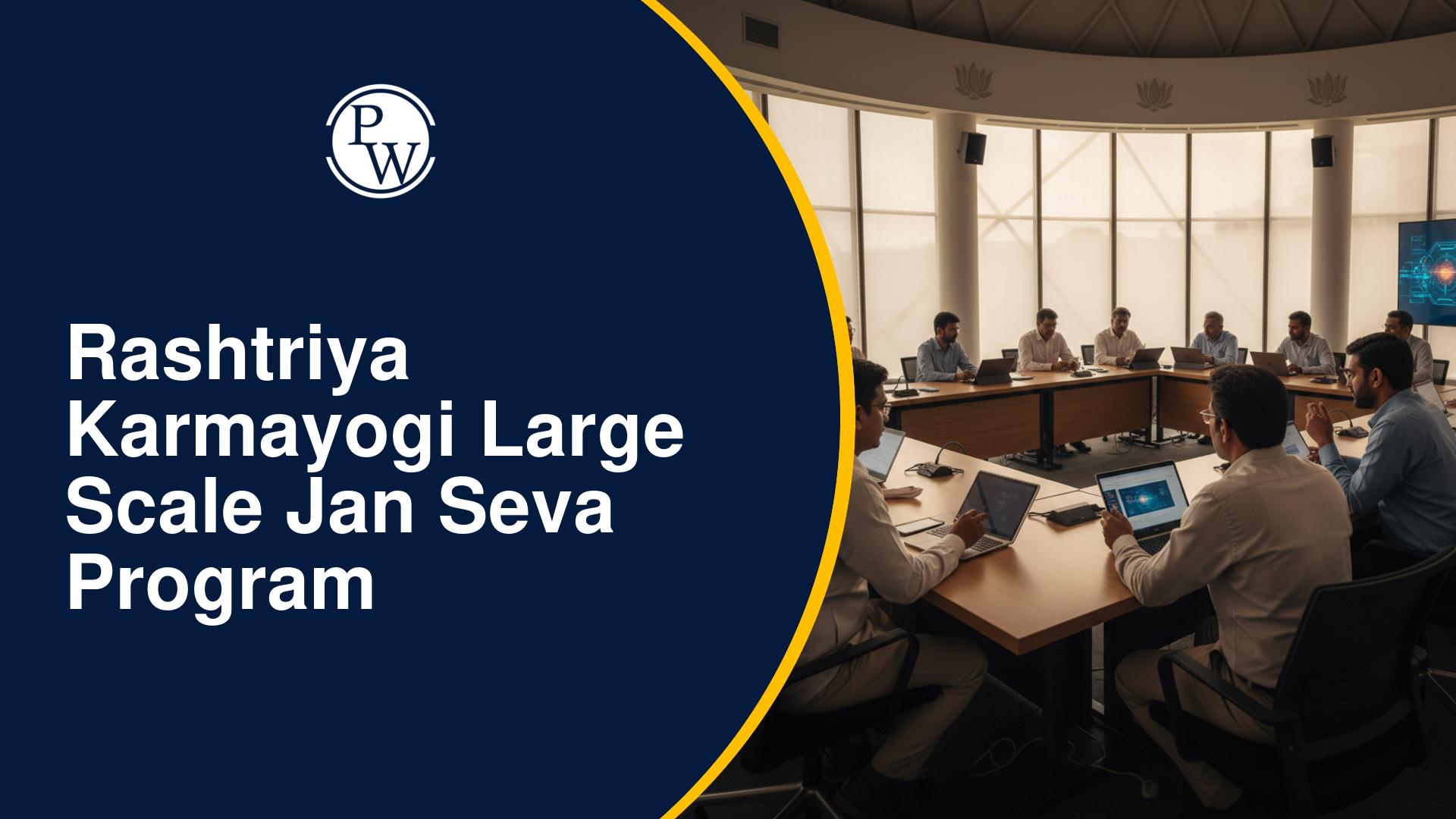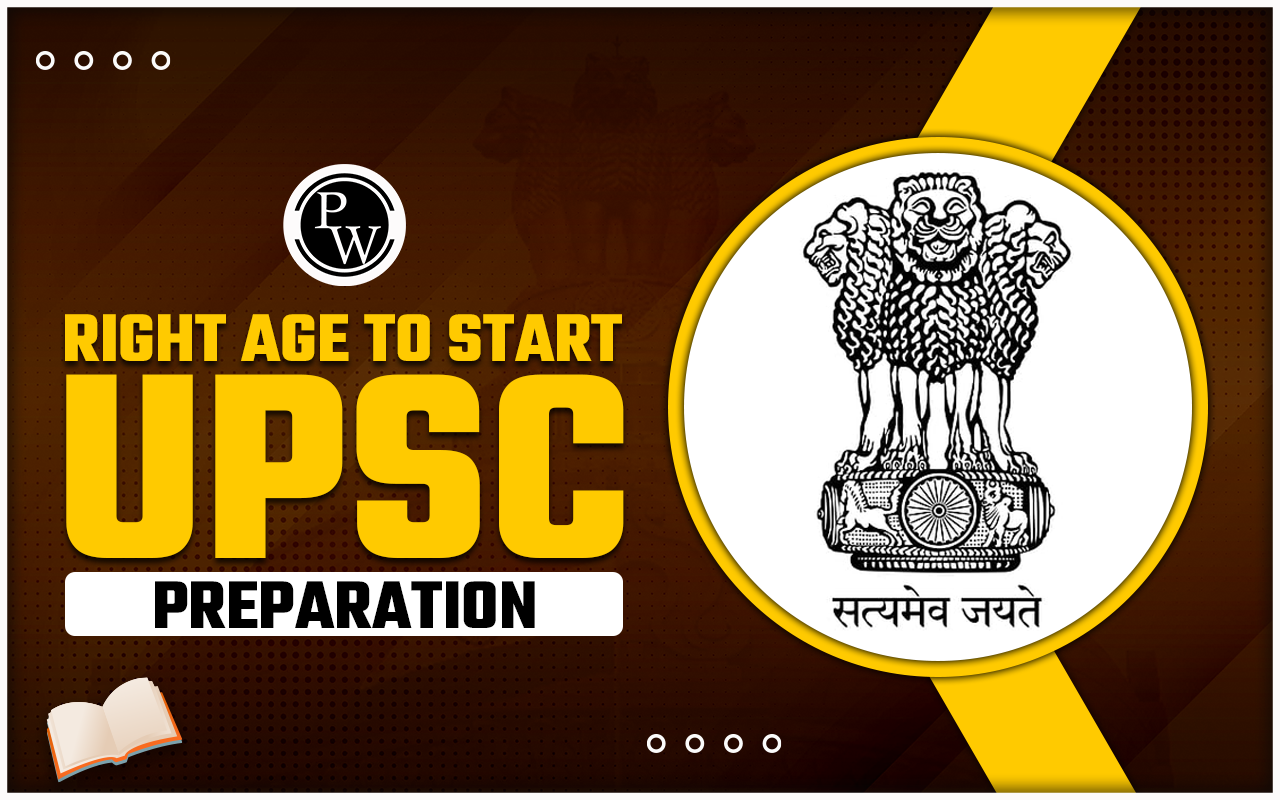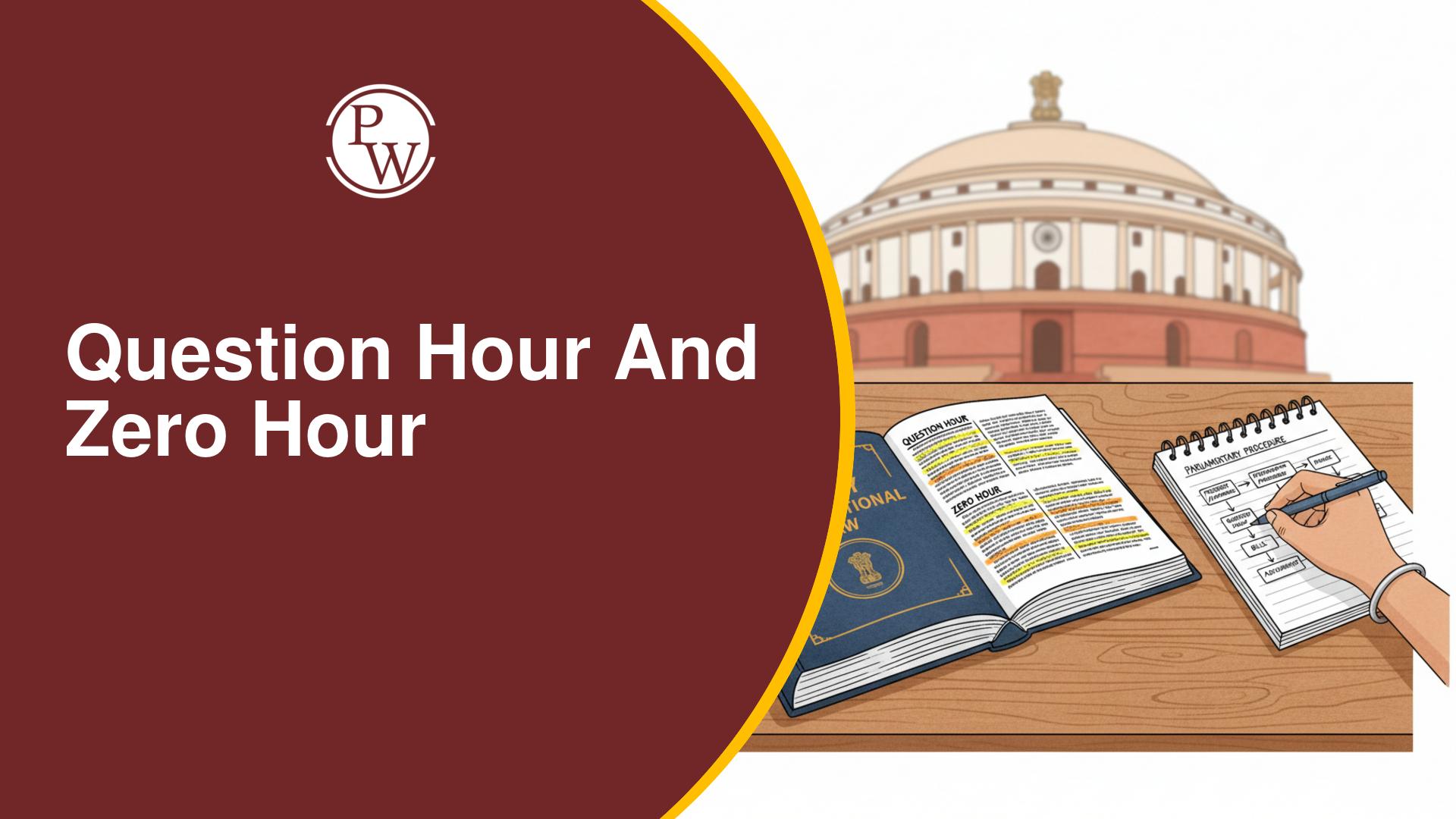
Important Topics for Disaster Management in UPSC Mains 2025: Aspiring candidates need a good understanding of Disaster Management in India for competitive exams. These topics are crucial for the UPSC Exam and Governance syllabus (GS-II), appearing in both Prelims and Mains.
It's important to learn these concepts thoroughly, including their definitions and applications, and stay updated with current affairs, as questions often relate to recent events. Therefore, along with textbooks, candidates should regularly follow newspapers and news analyses for complete preparation and a better understanding of Important Topics for Disaster Management in UPSC Mains 2025.List of Important Topics for Disaster Management for UPSC Mains 2025
The list of important topics for Disaster Management in UPSC Mains 2025 includes disaster types, vulnerability mapping, risk assessment, disaster preparedness, mitigation strategies, disaster response mechanisms, recovery and rehabilitation, the role of the National Disaster Management Authority (NDMA), international cooperation, climate change impact, and case studies of past disasters. Focus on policies, frameworks, and practical examples. The table below contains the list of Important Topics for Disaster Management for UPSC Mains 2025:| Important Topics for Disaster Management for UPSC Mains 2025 | |
| Topic | Subtopics |
| 1. Basic Concepts |
|
| 2. Disaster Risk Reduction (DRR) |
|
| 3. Disaster Management Cycle |
|
| 4. Case Studies |
|
| 5. Climate Change and Disasters |
|
| 6. Urban Disaster Risk Reduction |
|
| 7. Institutional Framework and Legislation |
|
| 8. Technological and Financial Mechanisms |
|
| 9. Humanitarian Assistance and Disaster Response |
|
| 10. Health and Disaster Management |
|
| 11. Social Aspects |
|
| 12. Disaster Management in India |
|
| 13. International Best Practices |
|
Disaster Management Previous Year Questions
Reviewing previous years' UPSC Mains GS 3 question papers is crucial for understanding the types of questions asked in the Disaster Management section. These questions help prioritize important topics and provide insight into the required depth of knowledge. Here are some previous years' Disaster Management questions from UPSC Mains GS Paper 3:Preparing for Disaster Management for UPSC Mains
Preparing for Disaster Management in UPSC Mains involves a structured approach. Start by understanding the 2025 syllabus. Use key study materials like 'PW UPSC Wallah Disaster Management ' and Disaster Management Notes by PWOnlyIAS and learn Important Topics for Disaster Management in UPSC Mains 2025. Follow these steps to effectively prepare for this crucial subject:1. Understand the Syllabus :
Get to know the key areas of the UPSC Syllabus 2025 for Disaster Management.2. Study Material
Gather standard reference books and materials, such as:- Disaster Management by PWOnlyIAS: UPSC Wallah Disaster Management Book for comprehensive UPSC preparation.
- Disaster Management Notes by PWOnlyIAS: A compilation of all important topics for effective preparation and time-saving.
- NCERT Books: Geography textbooks of Class 11 and 12.
- ARC Report: 2nd Administrative Reforms Commission (ARC) Report on Crisis Management.
- IGNOU Notes: Study materials from the Indira Gandhi National Open University (IGNOU).
- NDMA Guidelines: Documents and guidelines from the National Disaster Management Authority.
- Yojana and Kurukshetra Magazines: Articles on disaster management.
3. Make Notes
Create concise notes on each topic. Use bullet points, flowcharts, and diagrams to summarise information. This will help in quick revisions.4. Current Affairs
Keep yourself updated with recent disasters and their management. Read newspapers, government reports, and follow news portals. Websites like PIB, The Hindu, and Indian Express are good sources.5. Case Studies
Prepare case studies of major disasters in India and worldwide. Focus on causes, impacts, and management strategies. Examples include:- 2004 Indian Ocean Tsunami.
- 2013 Uttarakhand Floods.
- 2015 Nepal Earthquake.
- Cyclone Fani (2019).
- COVID-19 pandemic response.
6. Diagrams and Maps
Practice drawing diagrams, maps, and flowcharts related to disaster management. These can include:- Disaster risk maps.
- Cyclone and earthquake-prone zones in India.
- Flowcharts of disaster response mechanisms.
7. Mock Tests and Previous Year Papers
Solve previous years' UPSC mains question papers and take mock tests. This will help you understand the exam pattern and improve answer-writing skills.Important Topics for Disaster Management for UPSC Mains FAQs
What are the important topics of Disaster Management for UPSC 2025?
Important topics for UPSC 2025 Disaster Management include types of disasters, mitigation strategies, risk reduction frameworks, recent case studies, and roles of institutions like NDMA and NIDM.
How to prepare Disaster Management for UPSC Mains 2025?
To prepare for Disaster Management in UPSC Mains, focus on understanding the National Disaster Management Framework, disaster response strategies, case studies, and international best practices. Practice writing answers with a focus on policies, governance, and mitigation measures.
What is the weightage of disaster management in UPSC?
Disaster Management is important in UPSC exams, covered in Paper IV (General Studies III). Paper IV is of 250 marks and includes topics such as Technology, Economic Development, Biodiversity, Environment, Security, and Disaster Management.
How many questions come from disaster management in UPSC?
In UPSC exams, typically one to two questions are asked annually on Disaster Management.
Which source is best for Disaster Management for UPSC Mains?
For UPSC Mains, NCERT textbooks (Class 9-12) provide a solid foundation in Disaster Management. PWonlyIAS's 'UPSC Wallah Disaster Management Book' and their notes offer comprehensive insights, along with National Disaster Management Guidelines and NDRF reports for current case studies.
Talk to a counsellorHave doubts? Our support team will be happy to assist you!

Check out these Related Articles
Free Learning Resources
PW Books
Notes (Class 10-12)
PW Study Materials
Notes (Class 6-9)
Ncert Solutions
Govt Exams
Class 6th to 12th Online Courses
Govt Job Exams Courses
UPSC Coaching
Defence Exam Coaching
Gate Exam Coaching
Other Exams
Know about Physics Wallah
Physics Wallah is an Indian edtech platform that provides accessible & comprehensive learning experiences to students from Class 6th to postgraduate level. We also provide extensive NCERT solutions, sample paper, NEET, JEE Mains, BITSAT previous year papers & more such resources to students. Physics Wallah also caters to over 3.5 million registered students and over 78 lakh+ Youtube subscribers with 4.8 rating on its app.
We Stand Out because
We provide students with intensive courses with India’s qualified & experienced faculties & mentors. PW strives to make the learning experience comprehensive and accessible for students of all sections of society. We believe in empowering every single student who couldn't dream of a good career in engineering and medical field earlier.
Our Key Focus Areas
Physics Wallah's main focus is to make the learning experience as economical as possible for all students. With our affordable courses like Lakshya, Udaan and Arjuna and many others, we have been able to provide a platform for lakhs of aspirants. From providing Chemistry, Maths, Physics formula to giving e-books of eminent authors like RD Sharma, RS Aggarwal and Lakhmir Singh, PW focuses on every single student's need for preparation.
What Makes Us Different
Physics Wallah strives to develop a comprehensive pedagogical structure for students, where they get a state-of-the-art learning experience with study material and resources. Apart from catering students preparing for JEE Mains and NEET, PW also provides study material for each state board like Uttar Pradesh, Bihar, and others
Copyright © 2026 Physicswallah Limited All rights reserved.









